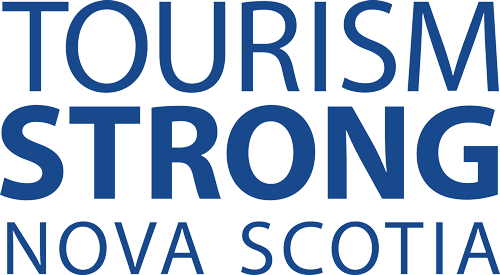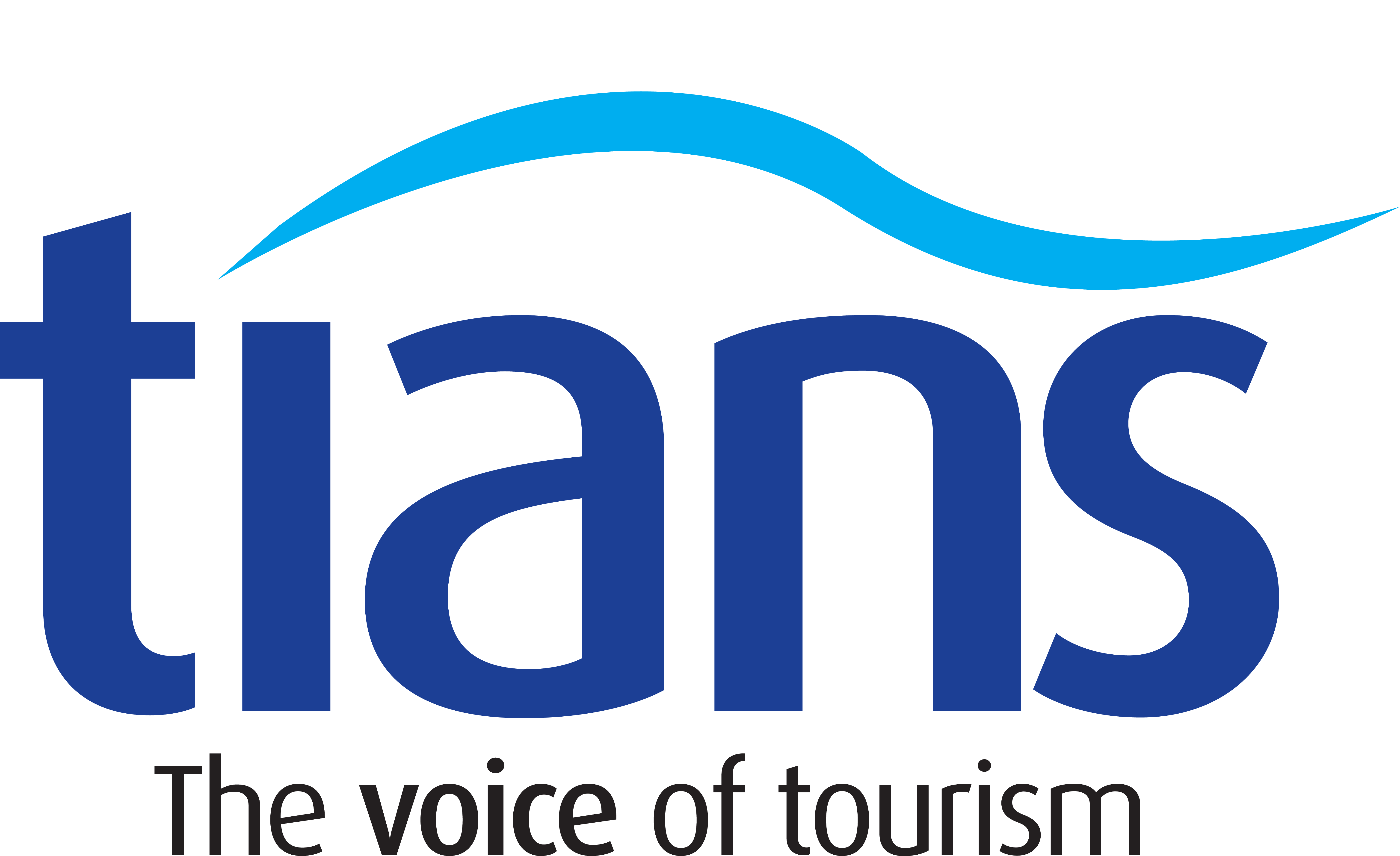Provincial Release – March 29, 2022
Providing solutions to Nova Scotia’s most pressing challenges, including fixing healthcare, strategically growing the population and economy and investing in supports for Nova Scotia families and communities for the future, is the focus of the provincial budget.
Today, March 29, Finance and Treasury Board Minister Allan MacMaster tabled Budget 2022-23: Solutions for Healthcare, Solutions for Nova Scotians.
“At its core, Budget 2022-23 is about people. It invests thoughtfully in the areas Nova Scotians care about most, while also planning for the needs of a province that is growing,” said Minister MacMaster. “This government is committed to listening to Nova Scotians, finding creative solutions and taking action. This budget presents a new path forward that includes historic investments in healthcare, a renewed effort to recruit healthcare professionals and solutions to improve our workforce, economy, housing and roads.”
With revenues of $12.7 billion and consolidated expenses of $13.2 billion, Budget 2022-23 estimates a deficit of $506.2 million. Spending in healthcare is estimated at $5.7 billion, an increase of $413.4 million from last year.
Highlights of Budget 2022-23 include:
Solutions for Healthcare and Mental Health
— $14.5 million more to make virtual care available to everyone on the Need a Family Practice Registry
— $2 million to support efforts to recruit healthcare professionals
— $3.2 million to add 200 new nursing seats, at Cape Breton University (28), Dalhousie University (26), St. Francis Xavier University (26) and Nova Scotia Community College (NSCC) (120 practical nursing)
— $10.2 million to support patient-flow initiatives at Nova Scotia Health
— $17.5 million to perform 2,500 more surgeries, expand operating room hours and add 28 beds and staffing at Dartmouth General Hospital to support more surgeries
— $2.1 million to address surgery backlogs due to COVID-19 at IWK Health Centre and to fund more cataract surgeries in the province
— $597,000 to expand operating room capacity in Cape Breton
— $6.3 million more for cardiac and renal programs
— $22.9 million to continue delivery of COVID-19 vaccines and boosters to Nova Scotians
— $3.4 million more to expand mental health virtual care, including hiring 22 clinicians over two years, for Community Mental Health and Addictions outpatient clinics and enhancing virtual care services at emergency departments
— $1 million to open the province’s first mental health acute day hospital at the QEII Health Sciences Centre
— $275,000 to add two permanent mental health and addictions clinical assistants in Eastern Zone while psychiatrist recruitment continues
— $1.7 million more for withdrawal management services.
Investing in Long-Term Care
— $66.3 million to provide continuing care assistants (CCAs) with the highest wages in Atlantic Canada
— $17.2 million to support additional recruitment, retention and training efforts in continuing care, including tuition reimbursement for CCAs, a targeted immigration strategy, recognition of prior learning, work-and-learn opportunities and professional development
— $25.1 million more to increase staffing levels to establish a daily standard of at least 4.1 hours of one-on-one care per long-term care resident
— $15 million to continue additional staffing in long-term care due to COVID-19 public health directives
— $11 million to extend or convert more than 190 new long-term care spaces, including Veterans Affairs spaces, to help create more bed capacity and support patient flow
— $3 million more in workplace safety investments for long-term care staff
— $29.1 million for the Seniors Care Grant, which helps Nova Scotians aged 65 and older stay in their homes longer.
Strengthening the Workforce and Businesses
— introduction of the More Opportunities for Skilled Trades program, which, starting in the 2022 tax year, will return provincial personal income tax paid on the first $50,000 of earnings for eligible people under the age of 30
— $750,000 more for skilled trades in schools programs, including promotion efforts to double the number of students in the programs, as well as provide more supplies and resources
— $895,000 more for six new navigators and four new program officers to support newcomer arrivals and immigration programs
— $1.4 million more to expand immigration services in communities by increasing support to 11 organizations providing settlement services
— $12 million for a refreshed Innovation Rebate Program, which encourages private sector investment in their facilities, innovative processes and green technologies
— $2 million more for Tourism Nova Scotia to attract visitors to the province and increase tourism revenues
— $1.1 million more for coastal monitoring data collection and public engagement to introduce a new classification system of coastal areas that supports low-impact, sustainable aquaculture
— $3.7 million more for universities under the existing memorandum of understanding.
Taking Action on Housing Solutions
— $15 million more for affordable housing programs
— $2.7 million more for new rent supplements associated with quick start investments
— $4.4 million more to leverage federal funding for initiatives under the National Housing Strategy
— $2 million to support the work of the joint planning task force on housing in the Halifax Regional Municipality
— capital funding for planning, design and construction of new NSCC residences at the Akerley, Pictou and Ivany campuses, as part of government’s plan to address local housing issues.
Investing in Children and Education
— $113.2 million investment in child care, including lower fees for families, creating more spaces and enhancing after-school care (fully recoverable from the federal government under the Early Learning and Child Care Agreement)
— $700,000 to provide more subsidies to help eligible families pay for licensed child care
— $5.5 million more for the Pre-Primary program to meet enrolment growth
— $15 million more to continue implementing the recommendations from the Commission on Inclusive Education to create a more inclusive education system
— $2.1 million to continue the new Healthy Schools Grant for all public schools
— $4.7 million to establish the Children’s Sports and Arts Refundable Tax Credit.
Supporting Nova Scotians
— $54.2 million increase for programs that support adults and children with disabilities, including the Disability Support Program, the Independent Living Support program, the Direct Family Support for Children program and the Disability Support Flex Program
— $2.5 million more for the Supportive Care Program to provide Nova Scotians with cognitive impairments home-support services like personal care, respite, meal preparation and household chores
— $2.1 million more for the Self-Managed Care Program, which allows people with physical disabilities to hire their own care providers and develop their own care plans
— $3 million to introduce a Fertility and Surrogacy Refundable Tax Rebate to help offset costs for Nova Scotians trying to have a baby and paying for fertility services in Nova Scotia
— $1.3 million more to support post-secondary students with accessibility needs
— $12.5 million for the Nova Scotia Child Benefit to support reducing childhood poverty
— $12 million more to implement a more integrated health services model of care for all pre-school aged children with autism spectrum disorders
— $9.6 million more for supportive housing initiatives, including support services related to modular units being constructed in the Halifax Regional Municipality and funding for emergency sheltering and volunteer-based shelters in rural areas
— $7.1 million more for new and continued supports for people experiencing homelessness
— $2.1 million more for Standing Together, the Province’s action plan to prevent domestic violence.
Investing in Green and Vibrant Communities
— $29.2 million from Municipal Affairs and Housing as the provincial share of green and transit projects under the Investing in Canada Infrastructure Program
— $2.3 million for energy audits of provincial buildings
— $2 million toward adding electric vehicle charging stations across the province
— $830,000 more for African Nova Scotia Affairs to establish three new regional offices in Digby, New Glasgow and the Preston area
— $1 million for the Rink Revitalization Fund
— $1 million toward the redesign and upgrade of Charlotte Street in Sydney to create a welcoming, accessible and green destination
— $507.8 million for Nova Scotia’s roads, highways and bridges, including a new $30-million envelope for bridge repair and renewal and $20 million more for gravel roads
— $11 million more to double the Rural Impact Mitigation program for the maintenance and repair of rural roads.
Quick Facts:
— Budget 2022-23 contains $1.6 billion for capital projects, the largest single-year capital investment in the province’s history
— the Capital Plan includes generational projects like the QEII New Generation and CBRM Healthcare Redevelopment projects and highway twinning
— the budget also contains the final forecast for 2021-22, which updates the surplus to $107.7 million
— additional appropriations related to the forecast, totalling $304.7 million, are required by seven departments and offices since the December forecast

